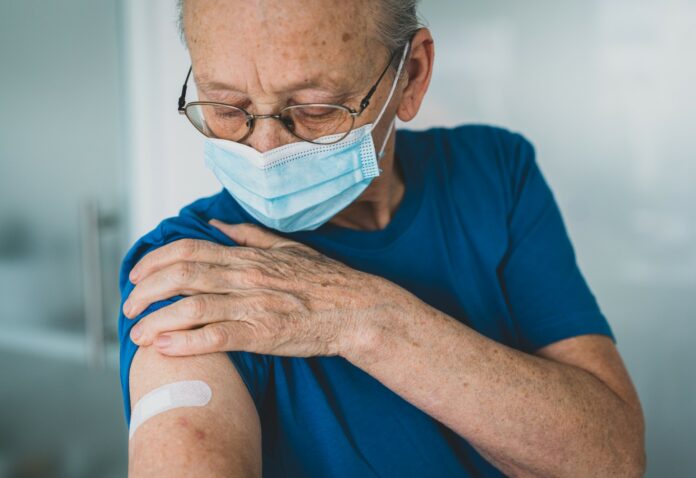| NEED SOME ADVICE? Lodge your own question at editorial@australianpharmacist.com.au |
Updates to safety advice,1 including ATAGI’s statement regarding the COVID-19 Vaccine AstraZeneca in April has increased uncertainty about the vaccine roll-out and may increase vaccine hesitancy in the Australian community.
As trusted health advisors, what can pharmacists do to help patients concerned about vaccines and help protect them against vaccine-preventable diseases?
What are the barriers to COVID-19 vaccine acceptance?
Barriers to vaccine acceptance, including COVID-19 vaccine are complex, multifactorial and nuanced. Barriers can be categorised to include:
- Safety concerns
- Effectiveness concerns
- Perceived scientific uncertainty, particularly where experts may have opposing views
- Low perceived risk of disease, or doubts about the seriousness of the disease
- Being subject to, or engaging with misinformation or conspiracy theories (see AP November 2020)
- Lack of trust in the pharmaceutical industry, governments or other stakeholders
- Perceived lack of information.
How can pharmacists help patients who may be vaccine hesitant?
Health providers are one of the most trusted sources for vaccine information, and a strong recommendation from a health professional is one of the biggest influencers of vaccine acceptance.
However, helping patients work through concerns or hesitation for vaccination requires more than the provision of factual information. When approaching issues of uncertainty, risk communication principles can provide a framework for addressing patient concerns:
- acknowledge uncertainty without minimising risk
- be open and transparent with information
- communicate clearly without jargon
- validate patients’ anxieties by communicating with empathy.
An approach to structuring conversations which accommodates these risk communication principles can help you work through hesitancy with patients:
- Elicit all patients’ questions before sharing knowledge or correcting misperceptions or myths.
- Acknowledge the patient has likely thought carefully about the topic and may have strong feelings in relation to their stance.
- Summarise concerns and set an agenda for the conversation.
- Ask permission to share some knowledge around their key concerns.
- Strongly recommend vaccination.
- Plan and close – either the administer vaccine when possible, or make arrangements for vaccination at a later date. If the patient is not ready, plan a further conversation at a later date, or refer the patient to their GP.
What should I avoid doing?
Don’t jump in too quickly or shut the patient down as this may leave the patient feeling unheard Don’t repeat misinformation – even to correct it.
Reference
- National Centre for Immunisation Research and Surveillance Australia. Recommendations for developing COVID-19 vaccine communication materials. March 2021. At: https://bit.ly/3tGxk1Q
PETER GUTHREY MPS is PSA’s Senior Pharmacist – Strategic Policy.
Additional copy by CHLOE HAVA.



 Professor Margie Danchin[/caption]
Professor Margie Danchin[/caption]

 Dr Peter Tenni[/caption]
Dr Peter Tenni[/caption]
 How should we deprescribe gabapentinoids, according to the Maudsley Deprescribing Guidelines[/caption]
How should we deprescribe gabapentinoids, according to the Maudsley Deprescribing Guidelines[/caption]



 Pharmacists have always prescribed, but they have the potential to prescribe much more
Pharmacists have always prescribed, but they have the potential to prescribe much more




